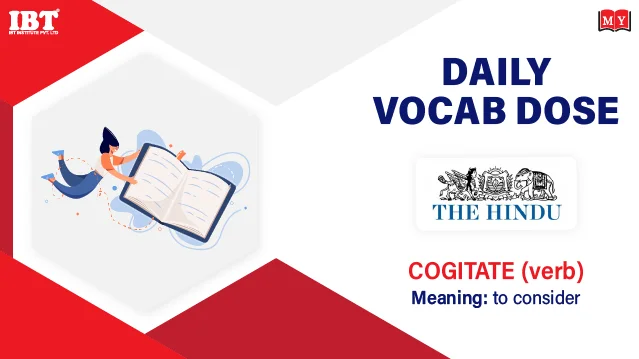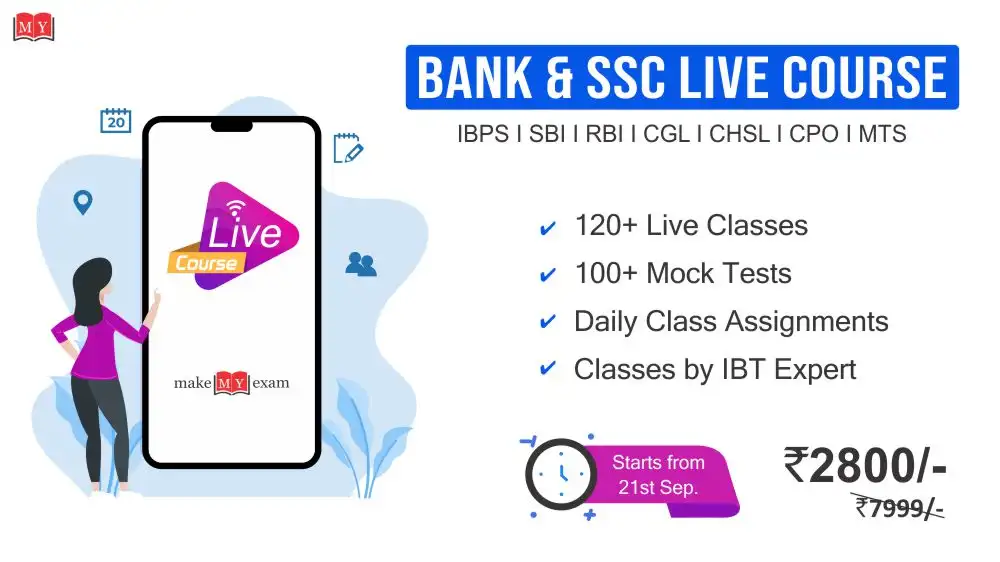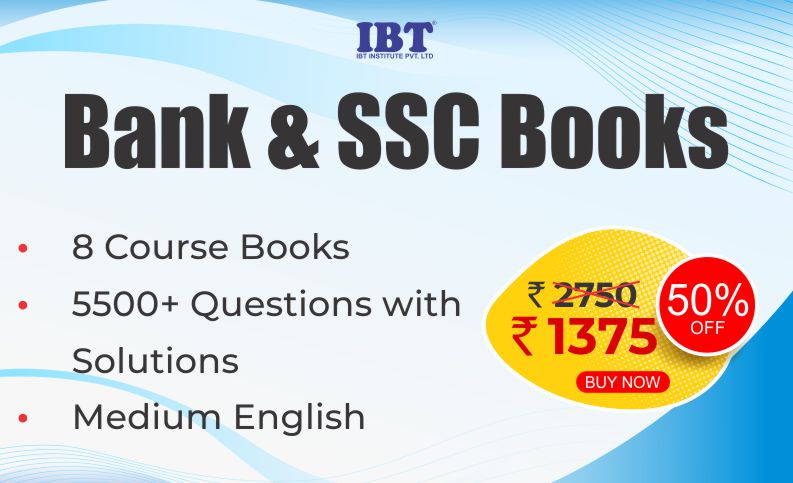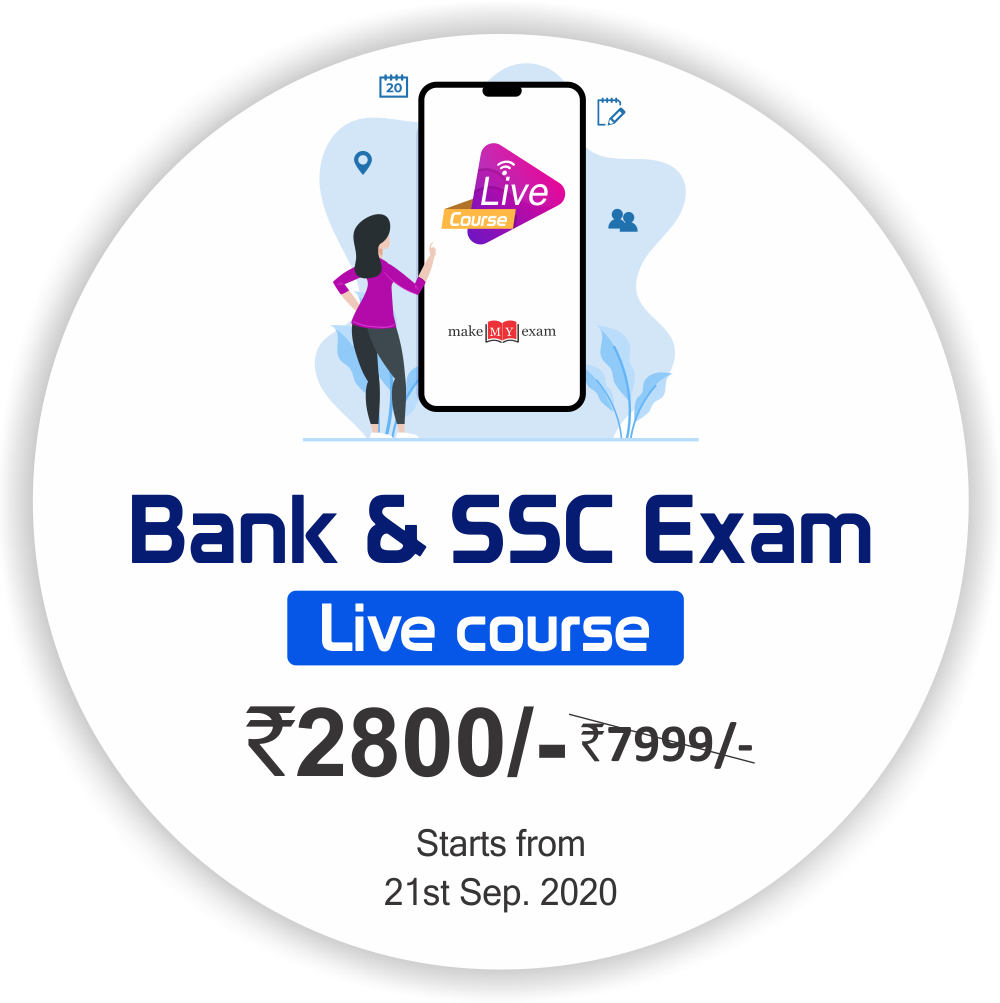Vocabulary - Exceptional English Words With Meanings : 21 October 2020

Exceptional words of English vocabulary from the newspaper ‘The Hindu’ are listed here. Go through these words and read the usages to learn how to use them in sentences. After this, take the quiz based on the vocabulary to check how much you learnt. This will really help you boost up your learning.
Happy learning!!!
1. SWERVE (verb) – भटकना
Pronunciation: swuhv
Meaning: to change direction very suddenly
Synonyms: deflect, lurch, skid, stray, veer, bend, depart
Antonyms: stay, remain, straighten
Usage: To avoid hitting the squirrel on the road, the car had to swerve to the left.
2. COALESCE (verb) – संगठित होना
Pronunciation: kow·uh·les
Meaning: come together to form one mass or whole
Synonyms: unite, combine, merge, fuse, mingle, meld, blend
Antonyms: divide, separate, detach
Usage: Local high school principals have agreed to coalesce around new approaches for college preparation.
3. PHILANTHROPY (noun) – लोकोपकार
Pronunciation: fuh·lan·thruh·pee
Meaning: the act of donating time and money to help others
Synonyms: charity, generosity, alms, humanity, kindness, benefaction, relief
Antonyms: hurt, injury
Usage: When the billionaire engages in philanthropy, he changes the lives of people who have no hope.
4. TENUOUS (adjective) – तुच्छ
Pronunciation: teh·nyoo·uhs
Meaning: very weak or slight
Synonyms: slight, insubstantial, flimsy, negligible, weak, fragile, shaky
Antonyms: convincing, substantial, strong
Usage: Because the evidence against her is tenuous, the accused murderer will be released from jail on bail.
5. NASCENT (adjective) – नवजात, अपरिपक्व
Pronunciation: na·snt
Meaning: recently formed or started
Synonyms: budding, developing, growing, embryonic, incipient, young, fledgling
Antonyms: developed, grown, mature
Usage: Since the nascent restaurant has only been open for two weeks, it does not have printed copies of its menu yet.
6. COGITATE (verb) – ध्यान करना
Pronunciation: ko·juh·teit
Meaning: to consider
Synonyms: consider, envisage, contemplate, deliberate, cerebrate, conceive, meditate
Antonyms: discard, disregard, forget
Usage: I need a few days to cogitate the problem.
7. NECESSITATE (verb) – मजबूर करना
Pronunciation: nuh·seh·suh·teit
Meaning: to make essential as a result of something
Synonyms: constrain, entail, require, cause, compel, force
Antonyms: disallow, discourage, repress
Usage: The heavy rain will necessitate the use of an umbrella.
8. CRASS (adjective) – मूर्खतापूर्ण
Pronunciation: kras
Meaning: showing no intelligence or sensitivity
Synonyms: boorish, churlish, rude, stupid, vulgar, asinine, blundering
Antonyms: nice, intelligent, refined
Usage: Compared to his usual crass manners, his behavior tonight was rather pleasant.
9. CORRESPONDENCE (noun) – समानता
Pronunciation: ko·ruh·spon·dns
Meaning: a close similarity, connection, or equivalence
Synonyms: correlation, similarity, resemblance, comparability, compatibility, uniformity
Antonyms: clash, difference, unlikeness
Usage: There is a close correspondence between the two extracts.
10. INCREDULOUS (adjective) – अविश्वासी
Pronunciation: in·kreh·dyoo·luhs
Meaning: unwilling or unable to believe something
Synonyms: disbelieving, suspicious, questioning, doubtful, dubious, unbelieving, unconvinced
Antonyms: credulous, believing, certain
Usage: Miriam’s envious friends were incredulous about her engagement to a wealthy doctor.
Now choose any 2 or 3 words, try to use them in your own sentences and share your sentences in the comment section. This will help you to retain the learnt words for a longer duration.
4 likes |
1 comment
 4.5/5
4.5/5









